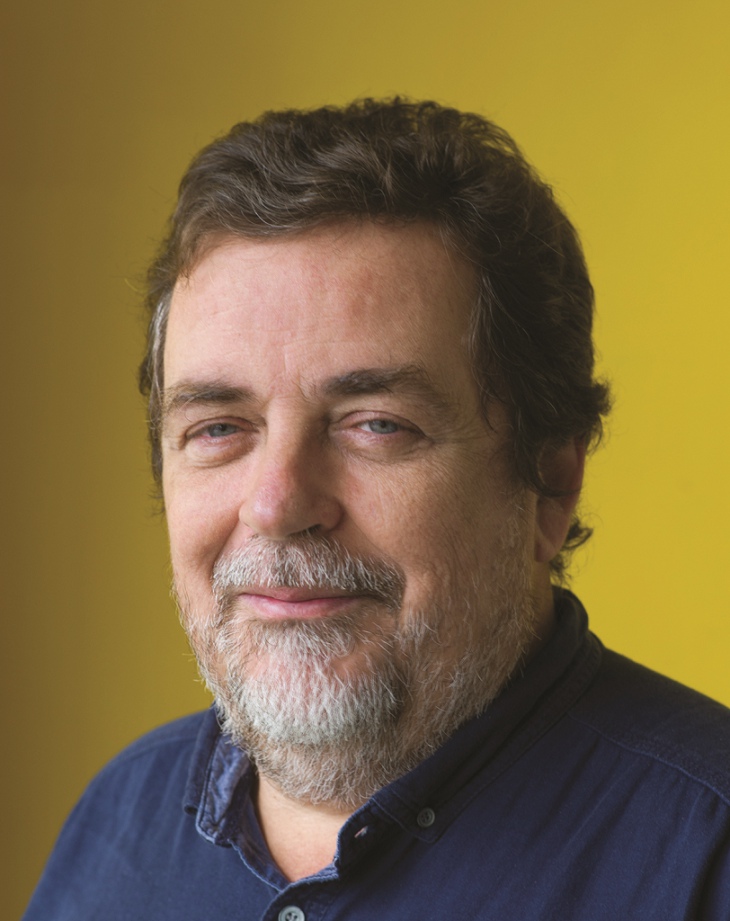
Macau Business | May 2022
By José I. Duarte | Economist, Macau Business Senior Analyst
The diversification of the Macau economy has been on the public agenda for at least three decades now. It is a significant concern for many, and its visibility has only increased over time. Yet, it is unclear whether we have always been talking about the same thing or its pertinence and meaning have not changed with the marked changes in the local economy and its external framework.
In the late 80s and early 90s, the issue was framed by the unknowns of the transition to China’s sovereignty of what was, for all purposes, a small enclave economy. It was then not clear that, after 1999 gambling would continue, given the ‘proscribed’ nature of the activity beyond the Border Gate. An early effort at diversifying the economy might be a matter of life and death for the region’s future prosperity.
Another concern was the death foretold of the leading manufacturing activity, the textile industry. As negotiations to liberalise textile trade in the world and for the accession of China to the World Trade Organization proceeded, it was becoming clear that the industry was under a terminal threat. Macau would lose one of its economic pillars, as the industry was bound to disappear, if not totally, at least to a considerable extent.

Further, although no one would dare to venture a date for such to happen, part of the visitor’s flow was associated with the absence of direct flights between the mainland and Taiwan. But there was the notion that the situation would not persist forever, increasing the economy’s dependence on Hong Kong visitors. Remember that flows to and from the mainland, especially the latter, were virtually non-existent.
That context has profoundly changed, as nobody will be unaware. So, while the game’s name is still the same, we may be talking nowadays about something different.
In a way, Covid and the sanitary measures adopted have raised the stakes, no pun intended. The weight of gambling has indeed declined overall, and some may claim that brings about a forced diversification of sorts. But that is not the diversification one would have in mind. It is not the outcome of the development of alternative economic activities and sources of income; it is the result of a severe weakening of the economic cornerstone of the economy—consequently, more the harbinger of impoverishment than of newly found sources of prosperity.
Truth be told, none of the alternatives that have been mentioned with some frequency seem to have gained significant traction. Let us even set aside the chronic labour issues, with its generally known availability and qualification issues, and real estate costs, which are noticeably less than new-business-friendly. Each of the most often suggested alternatives– financial services, traditional Chinese medicine, creative industries, to give some of the examples more commonly put forward—comes with its own specific types of difficulties that cut across the board. But let us leave that for another occasion.
Anyway, while there is nothing wrong in attempting those (or other) avenues for diversification, no one should have any illusion that success can be fast or hinges mainly on assertions of intent and assorted laws.
Yet, we might leave all or most of that aside; maybe we need to throw a fresh look into the matter. Macau’s present overriding policy objective is its rapid integration into the designated Great Bay Area. Why should it be a problem that a small and well-circumscribed ‘neighbourhood’ in that broad, vibrant, populous, and economically diversified area would have a tourism-based economy as its specialization, building primarily upon gambling and entertainment of both the cultural and purely fun varieties?
























